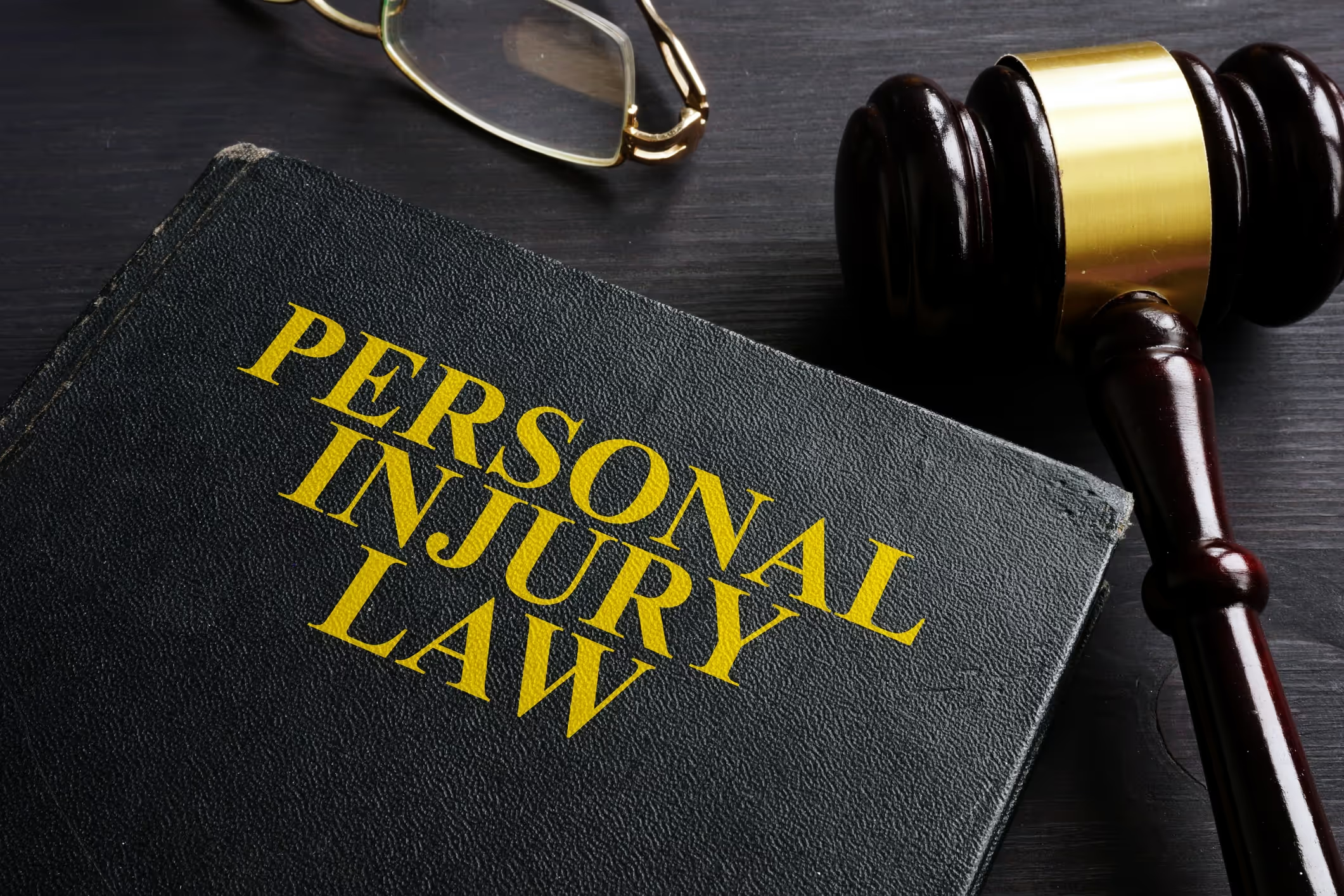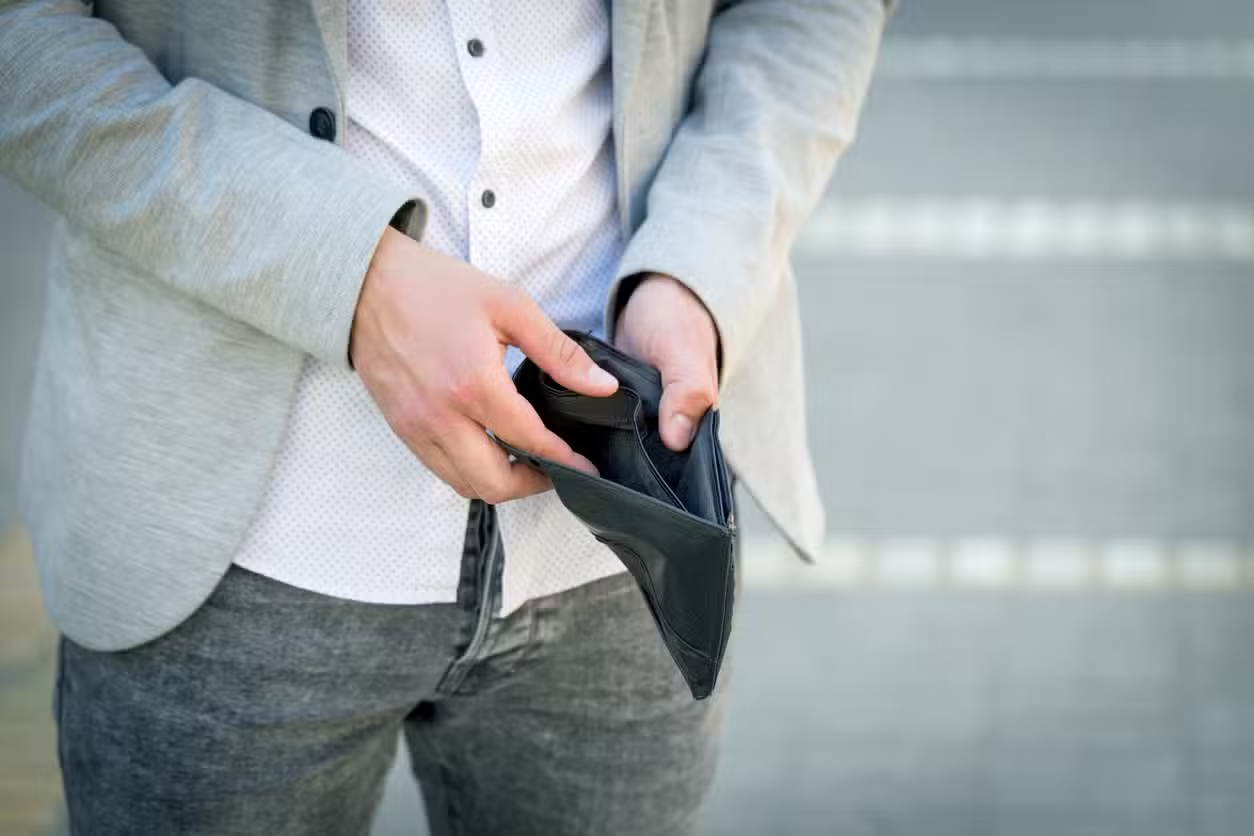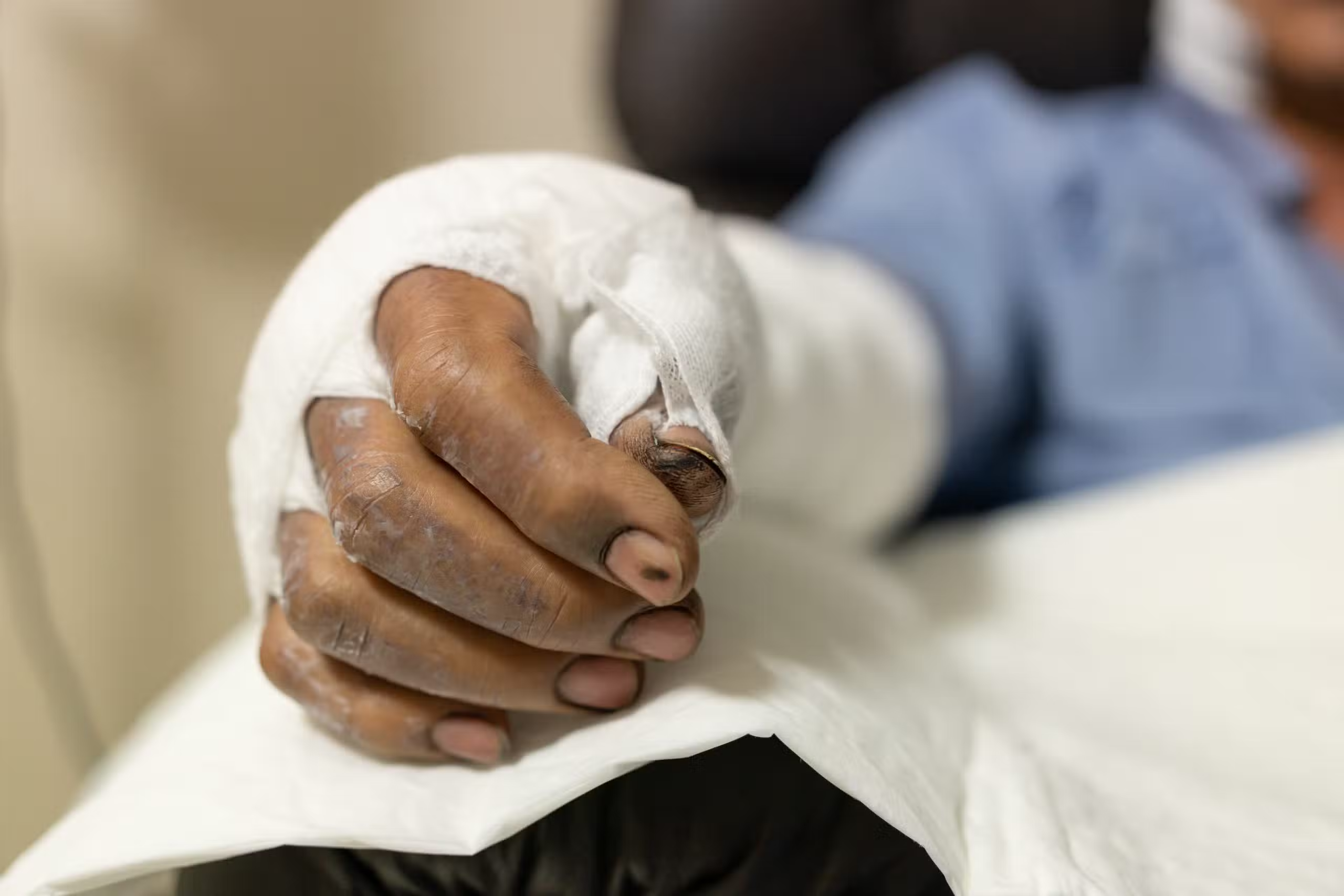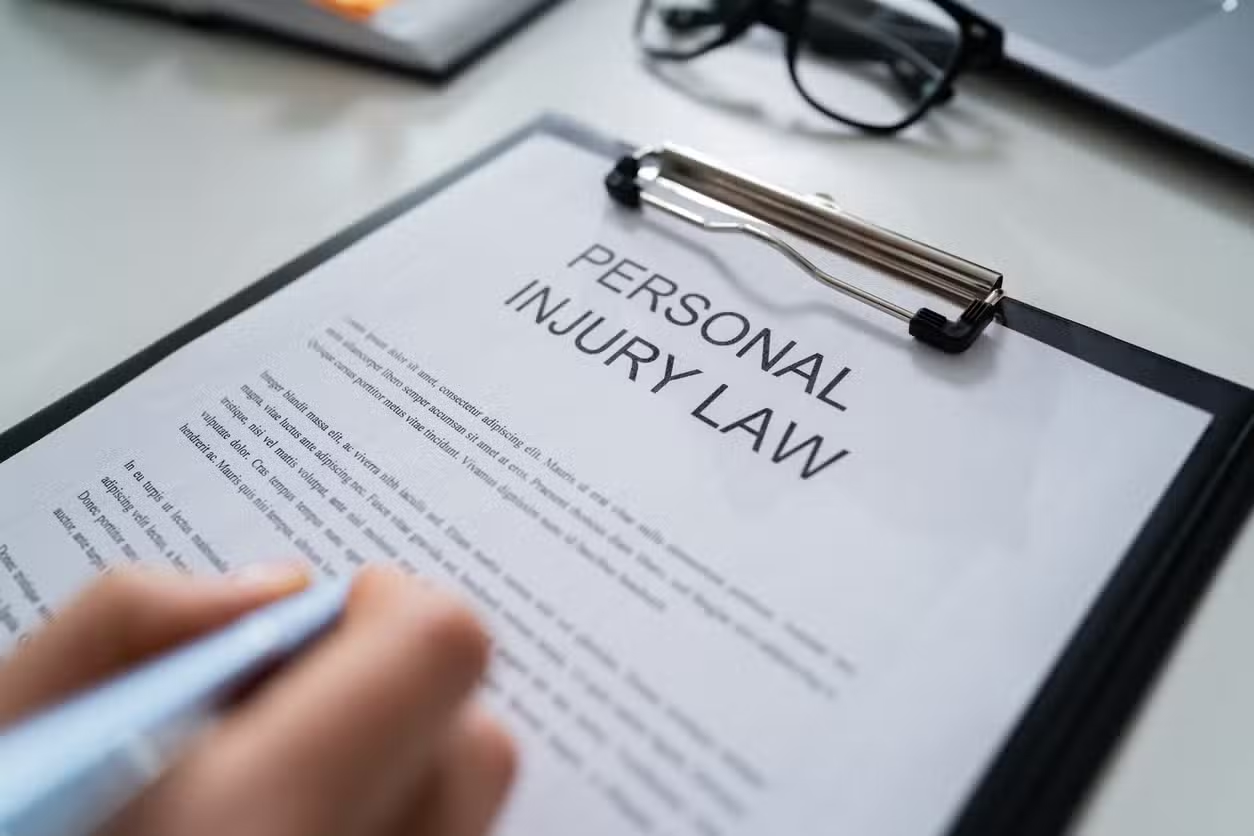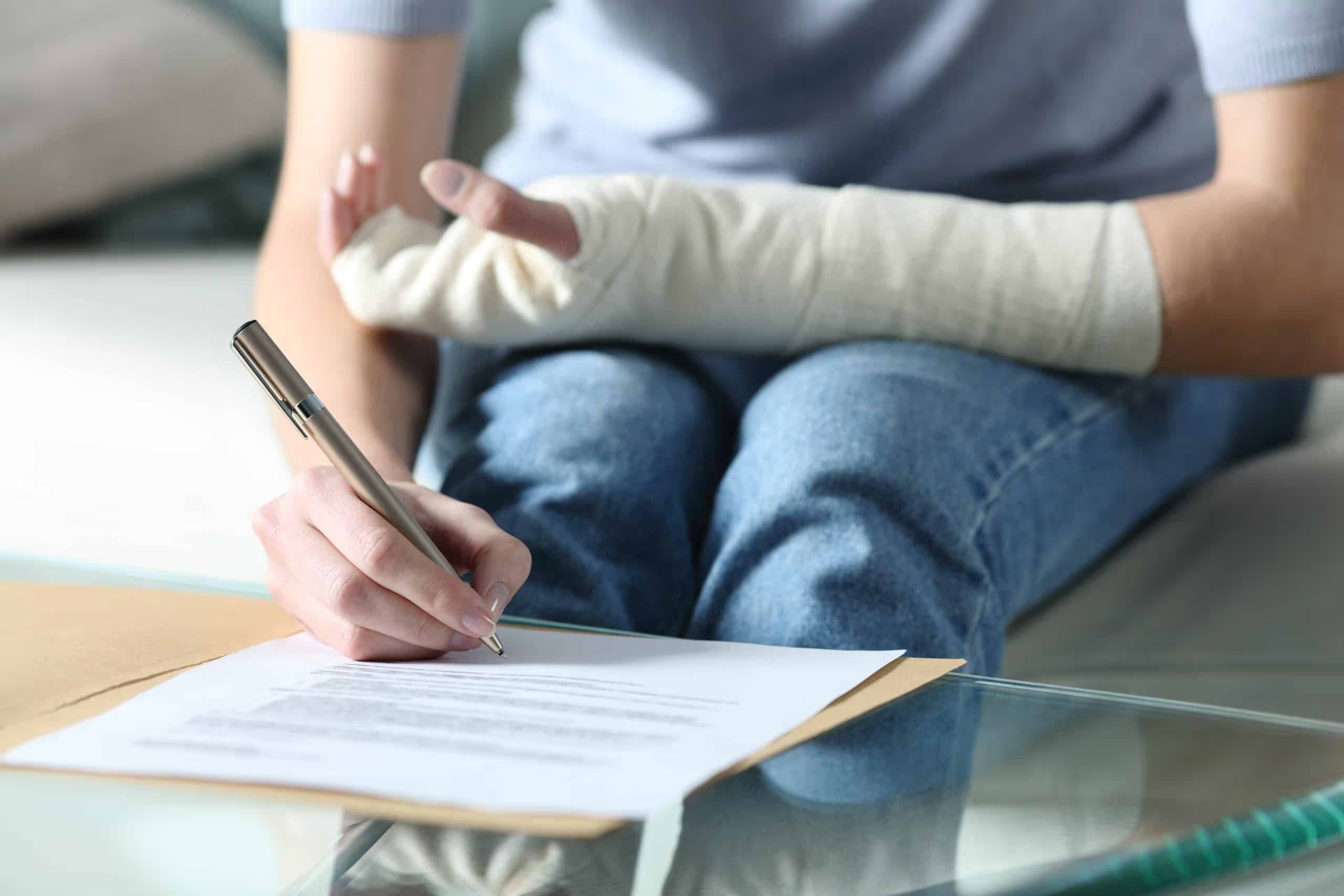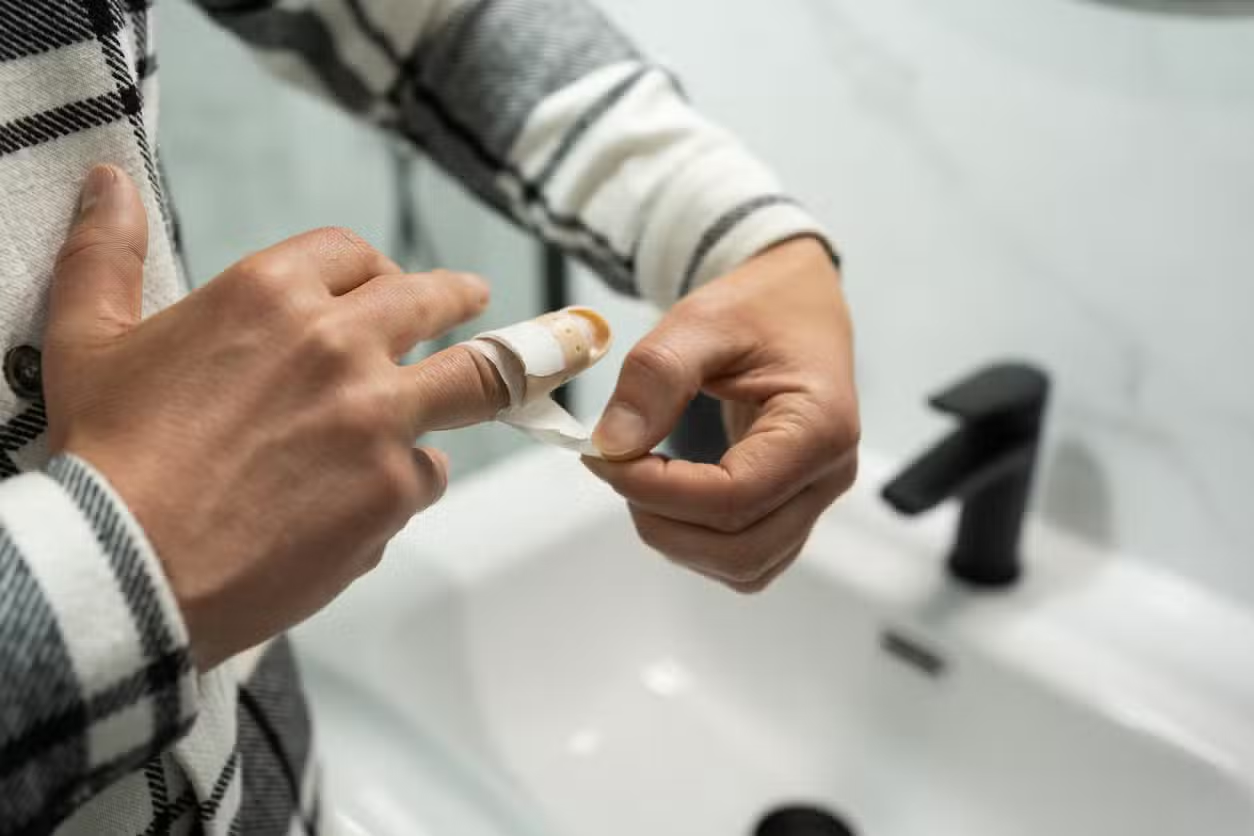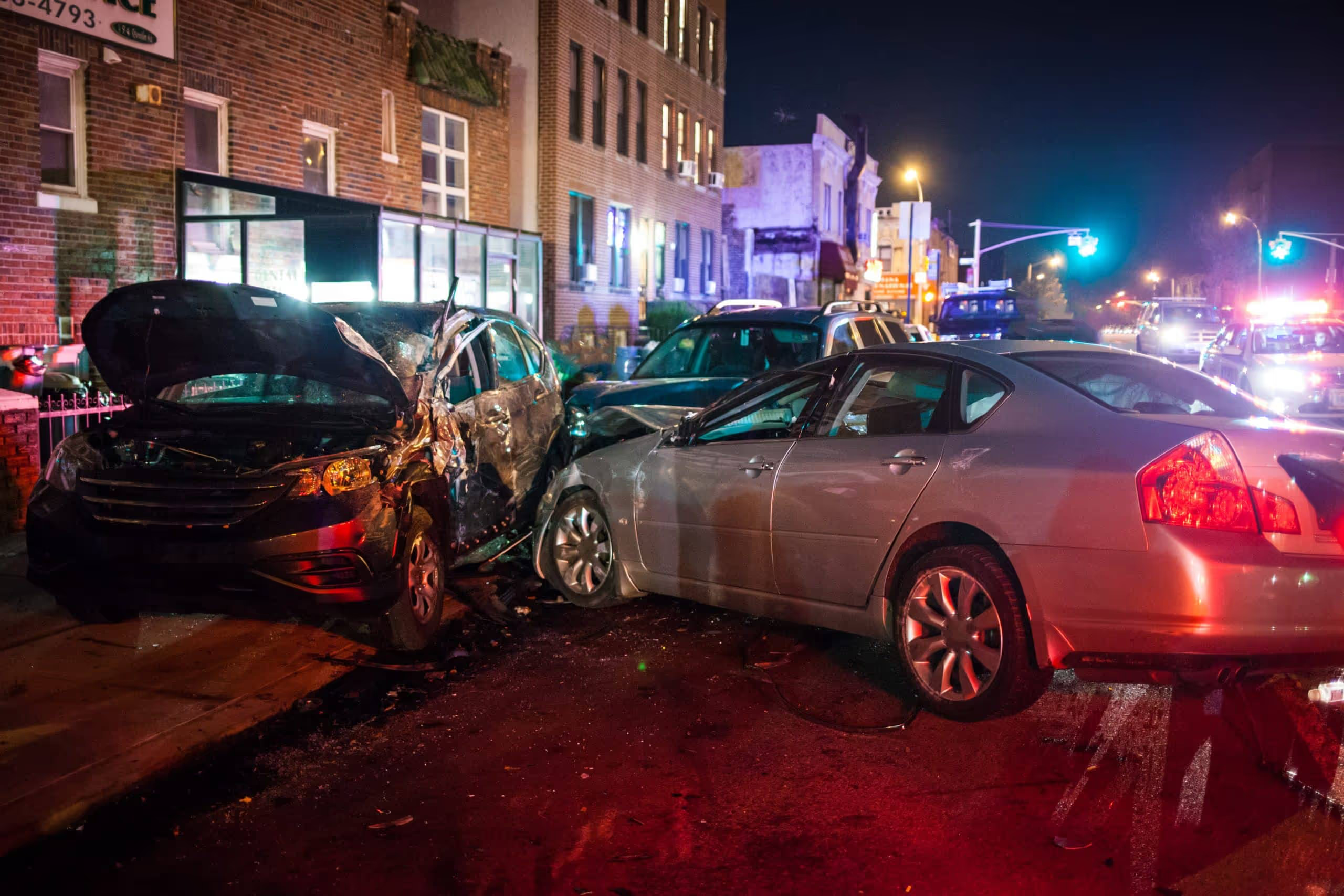The average slip and fall settlement typically ranges from $15,000 to $75,000, though cases involving serious injuries, permanent disability, or commercial defendants may result in six- or even seven-figure payouts. The value of a claim depends on many factors, including the cause of the fall, the severity of the injuries, and whether liability can be clearly proven. Understanding how these cases are evaluated helps injury victims know what to expect during the claims process.
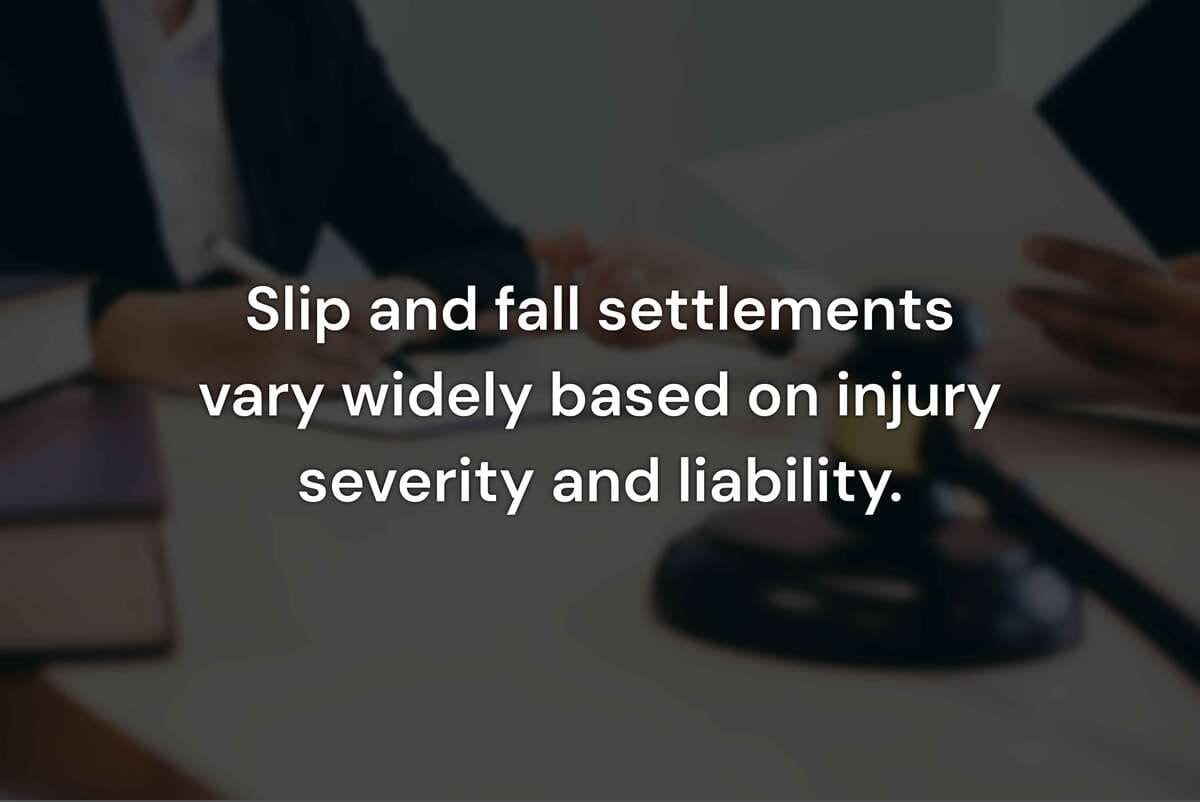
Common Injuries in Slip and Fall Cases
Slip and fall accidents often lead to painful, sometimes long-lasting injuries. Common examples include:
- Fractures and broken bones, particularly in the hips, wrists, or ankles
- Spinal injuries or herniated discs
- Concussions and traumatic brain injuries (TBI)
- Torn ligaments or soft tissue damage
- Chronic back or neck pain
These injuries may require surgery, physical therapy, or even long-term care—greatly increasing the settlement value. In severe cases, falls can result in permanent disability or reduced mobility, particularly for older adults.
Key Factors That Influence Settlement Amounts
Several variables affect how much a slip and fall case is worth:
- Medical expenses – The cost of treatment, surgeries, rehabilitation, and ongoing care
- Lost wages – Time missed from work and future loss of earning capacity
- Pain and suffering – Physical discomfort and emotional distress caused by the injury
- Liability clarity – Whether it’s clear the property owner or business was at fault
- Insurance coverage – The available policy limits of the defendant’s liability insurance
- Location of the fall – Commercial premises often lead to higher settlements than private homes due to better coverage and higher expectations of safety
An experienced personal injury lawyer can evaluate these elements and help present the strongest possible case to insurers or a jury.
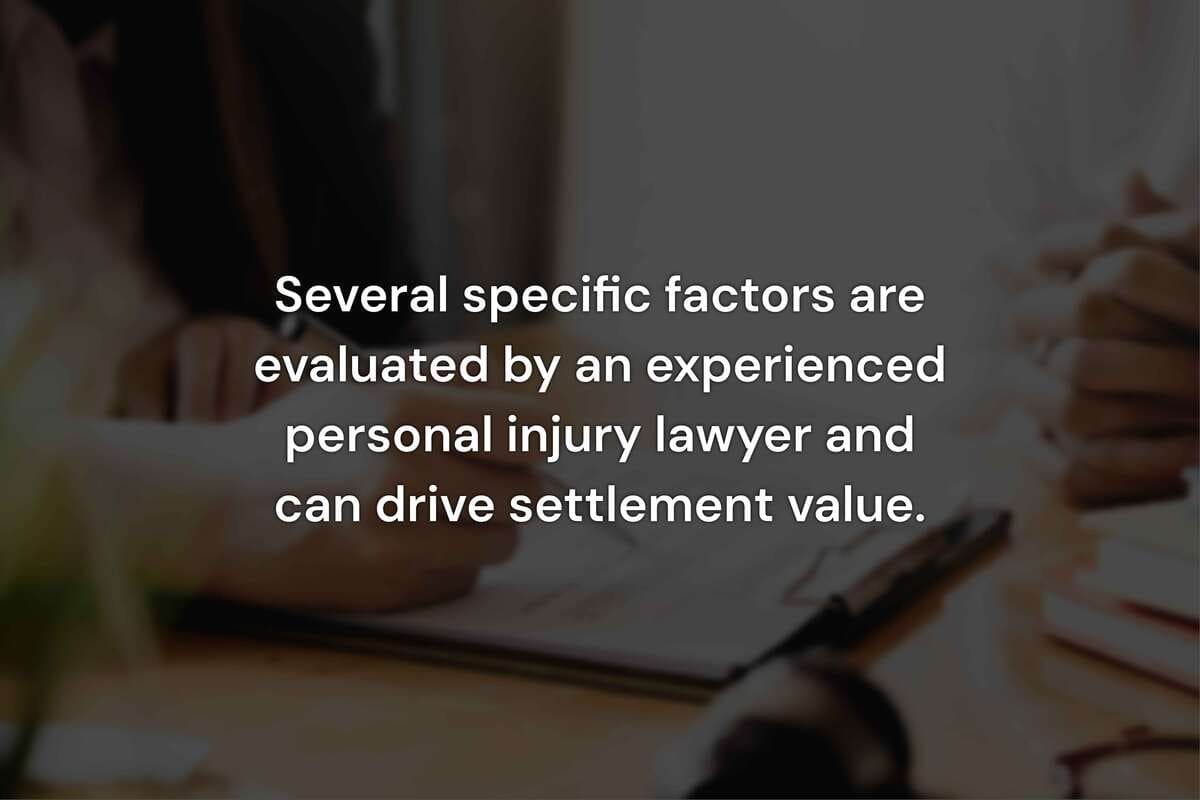
Realistic Settlement Ranges
Here’s a breakdown of common outcomes based on injury severity:
- Minor bruises and sprains: $5,000 – $15,000
- Broken bones with full recovery: $20,000 – $75,000
- Surgical or serious soft tissue injuries: $75,000 – $150,000
- Permanent disability or disfigurement: $150,000 – $500,000+
Claims involving dangerous conditions that were ignored—such as wet floors with no warning signs, uneven sidewalks, or broken handrails—often result in higher compensation, especially when the hazard was known and unaddressed.
What Proof Do You Need?
To secure compensation, your case must prove that:
- A dangerous condition existed on the property
- The property owner or manager knew or should have known about the hazard
- They failed to fix or warn about it in a reasonable time
- That failure caused your fall and injuries
Helpful evidence includes:
- Photos or videos of the hazard
- Incident reports or maintenance logs
- Eyewitness statements
- Medical records and treatment notes
- Proof of time missed from work
The sooner you document the scene and seek legal help, the stronger your claim will be.

If your injury resulted from someone else’s negligence, it's also helpful to understand how long personal injury lawsuits take, especially if negotiations drag on or a trial becomes necessary.
We’ve also outlined how average car accident settlements are calculated—many of the same factors, such as medical bills and lost wages, apply in slip and fall cases too.
Finally, for those handling their claims directly, our post on how to negotiate a pain and suffering claim with an insurance company includes practical tips and talking points to help increase your payout.


































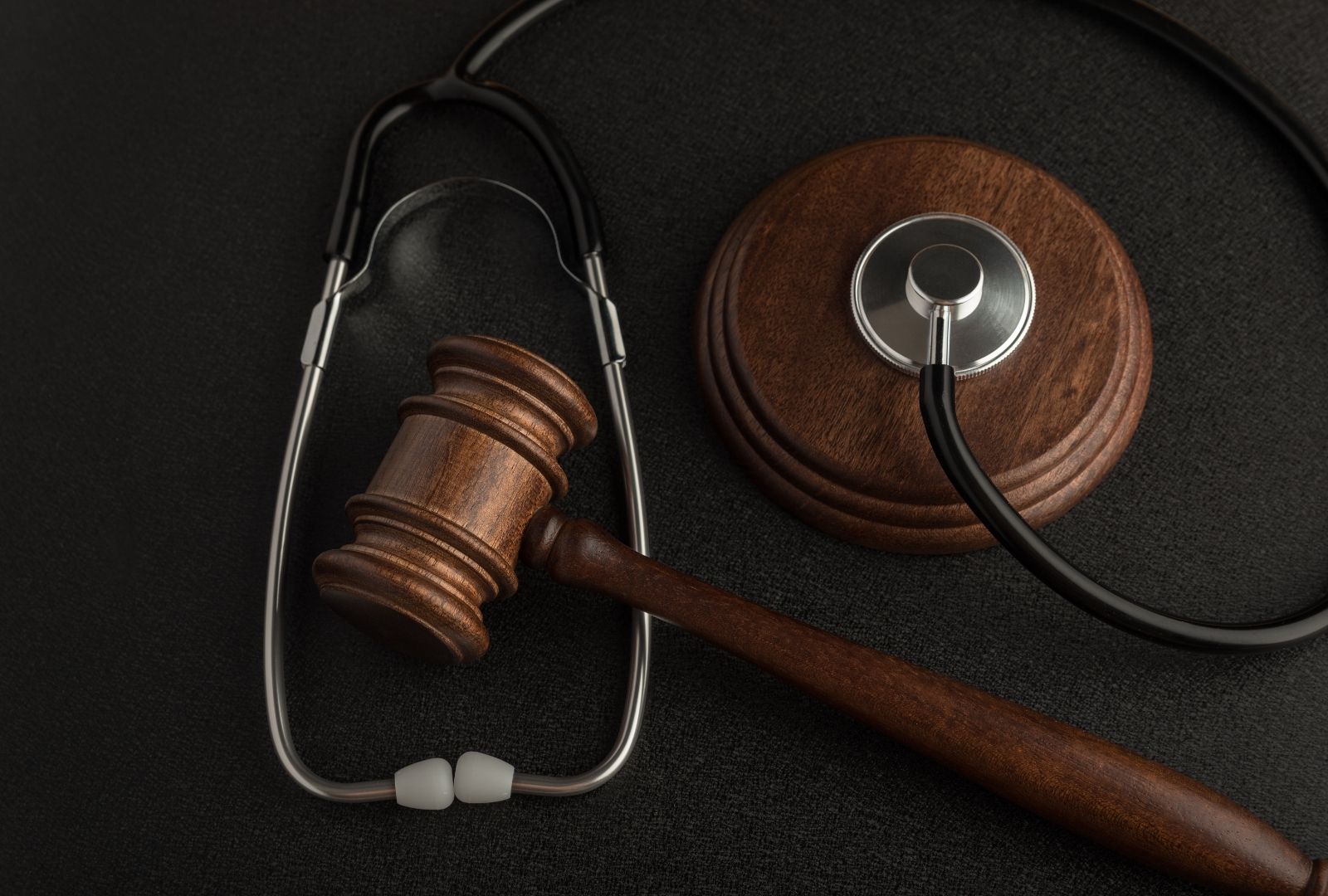
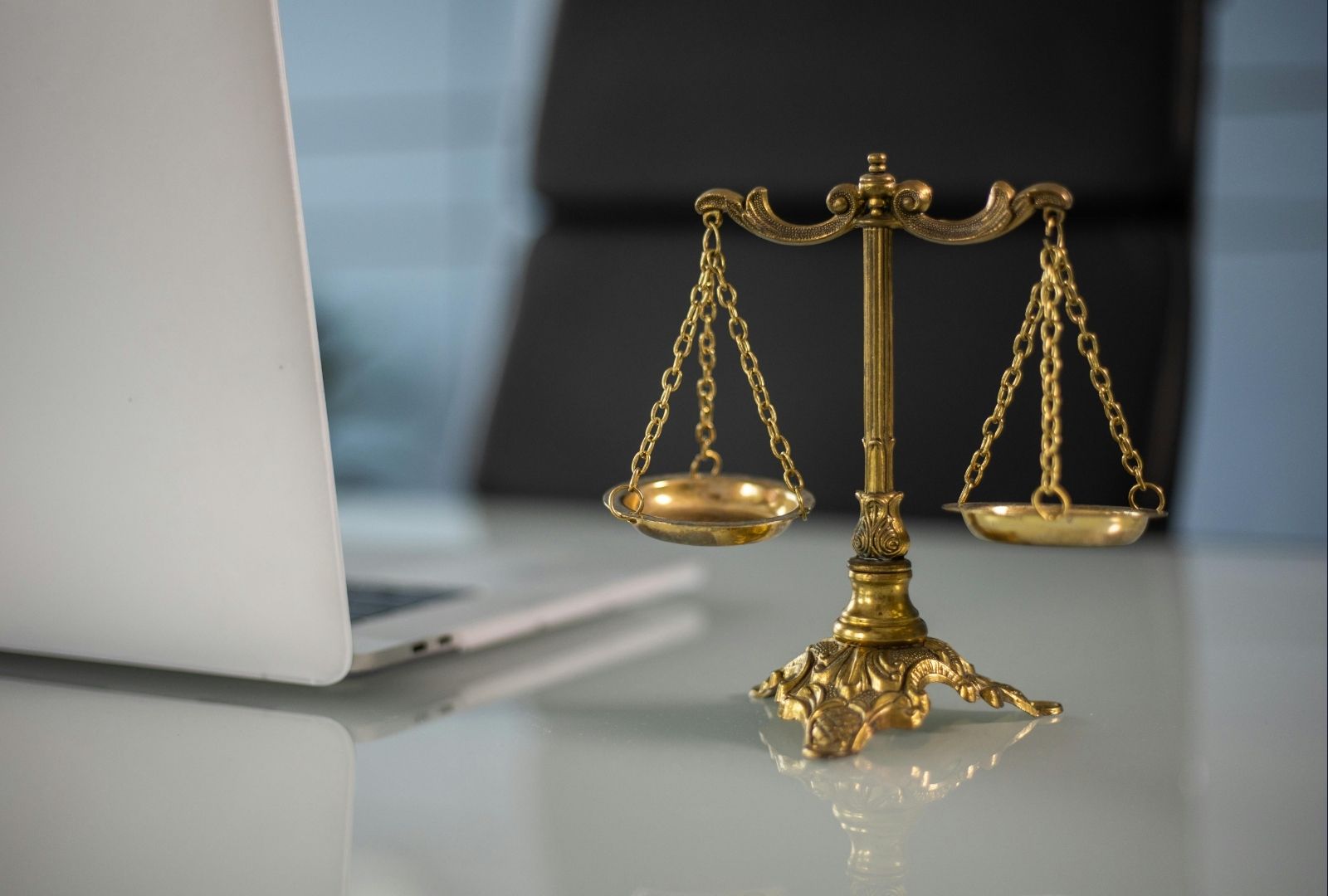






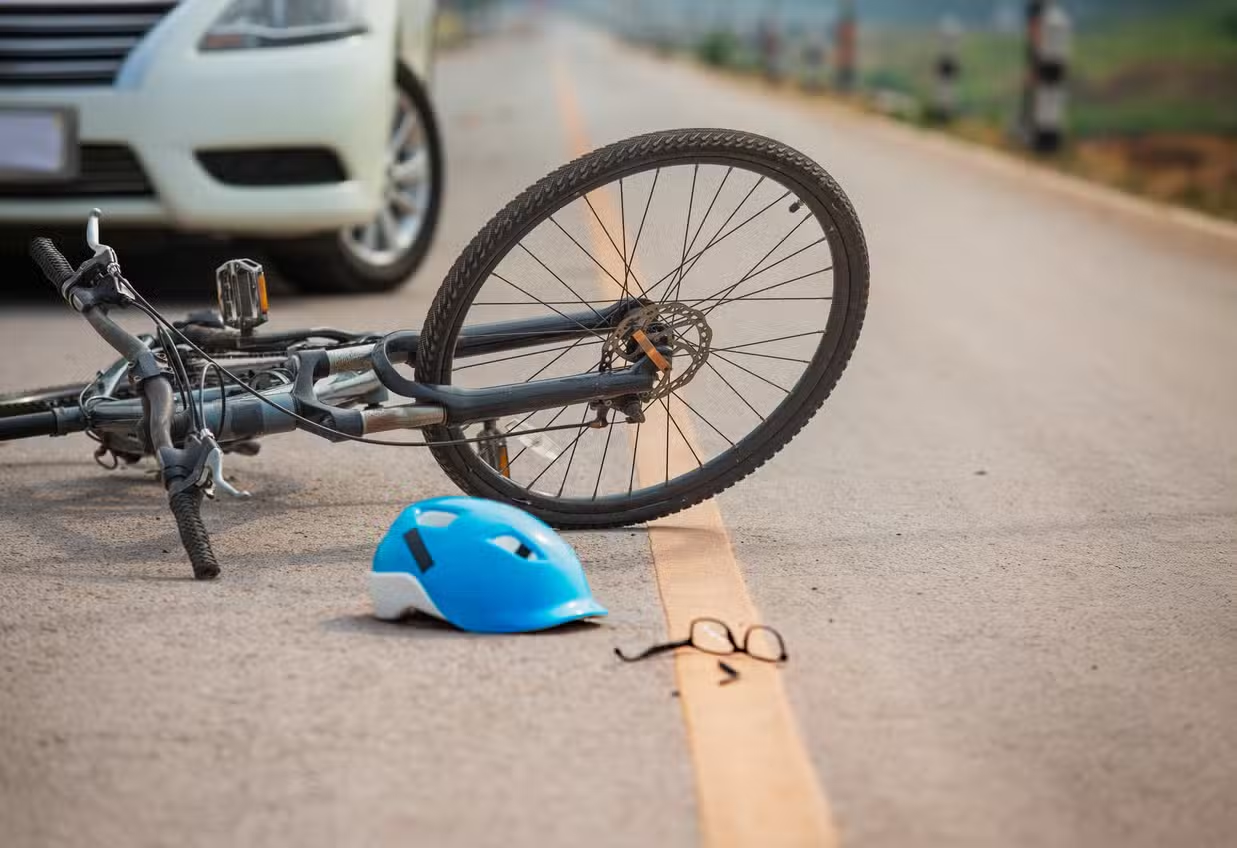

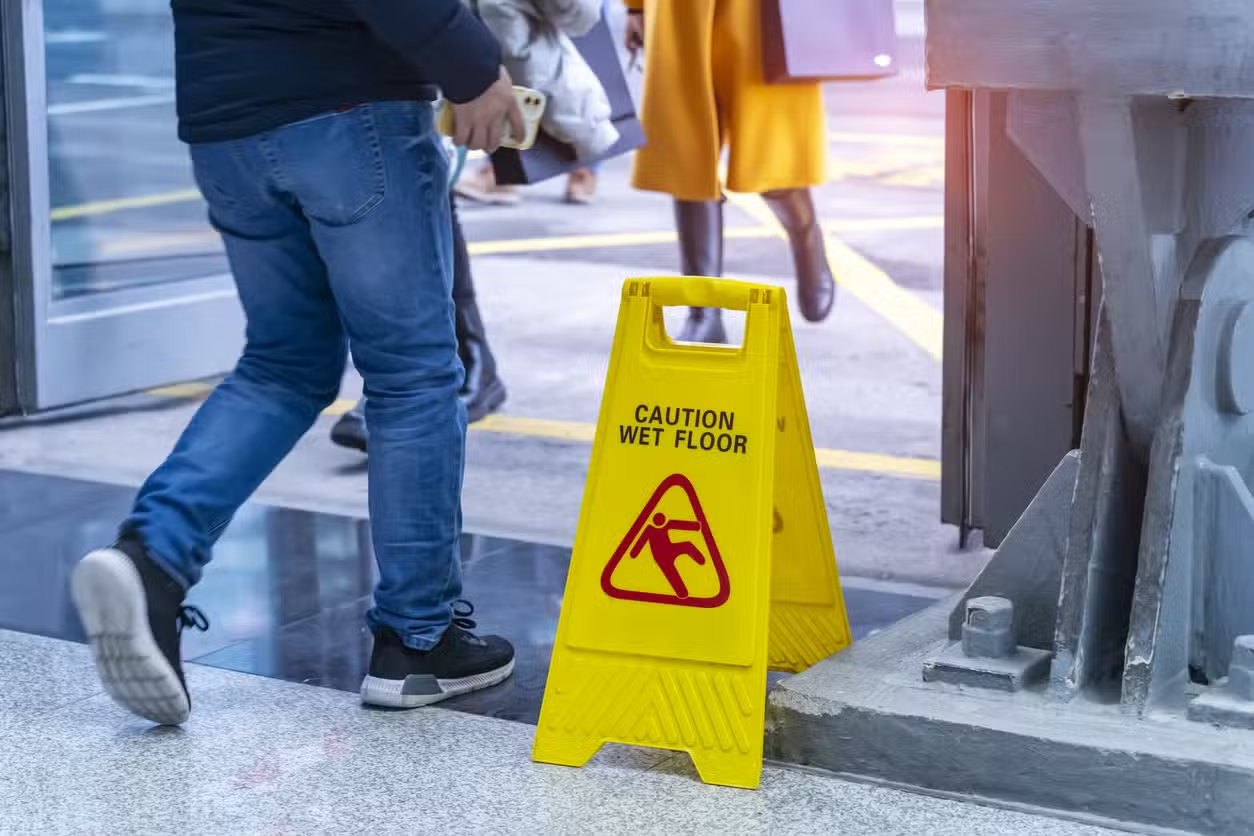

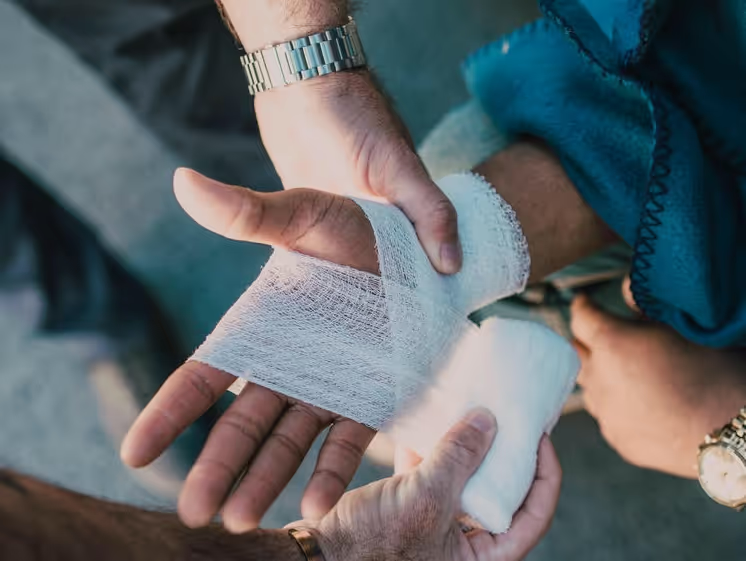

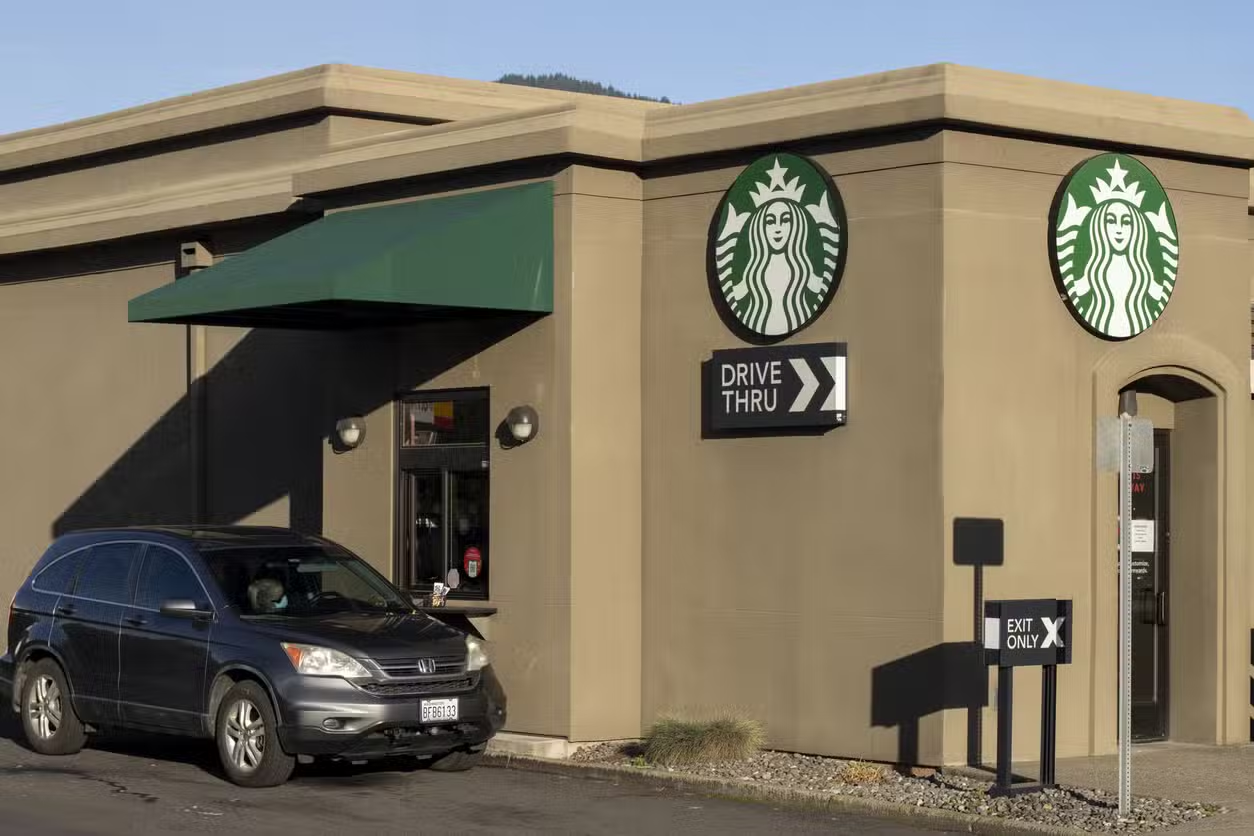

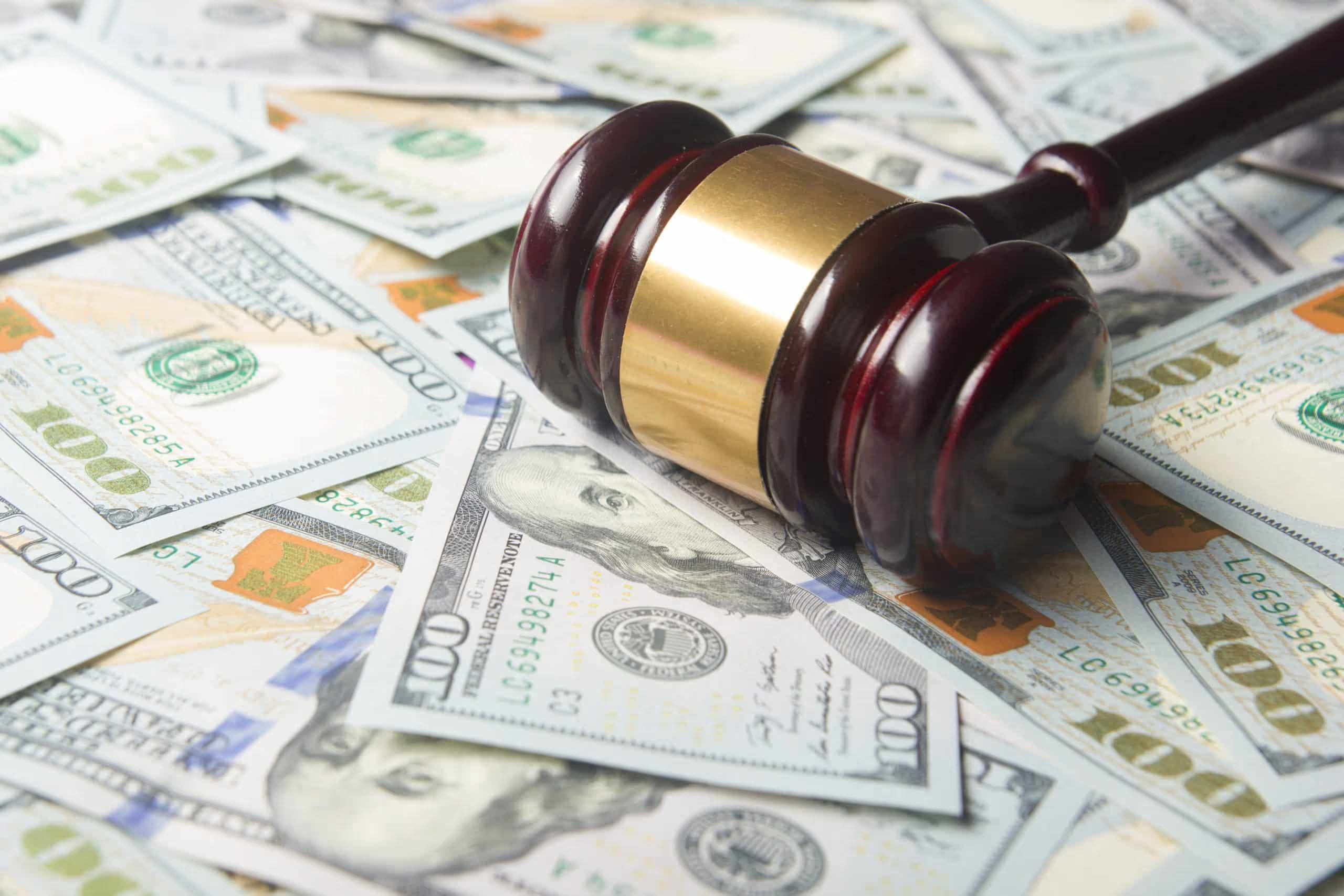
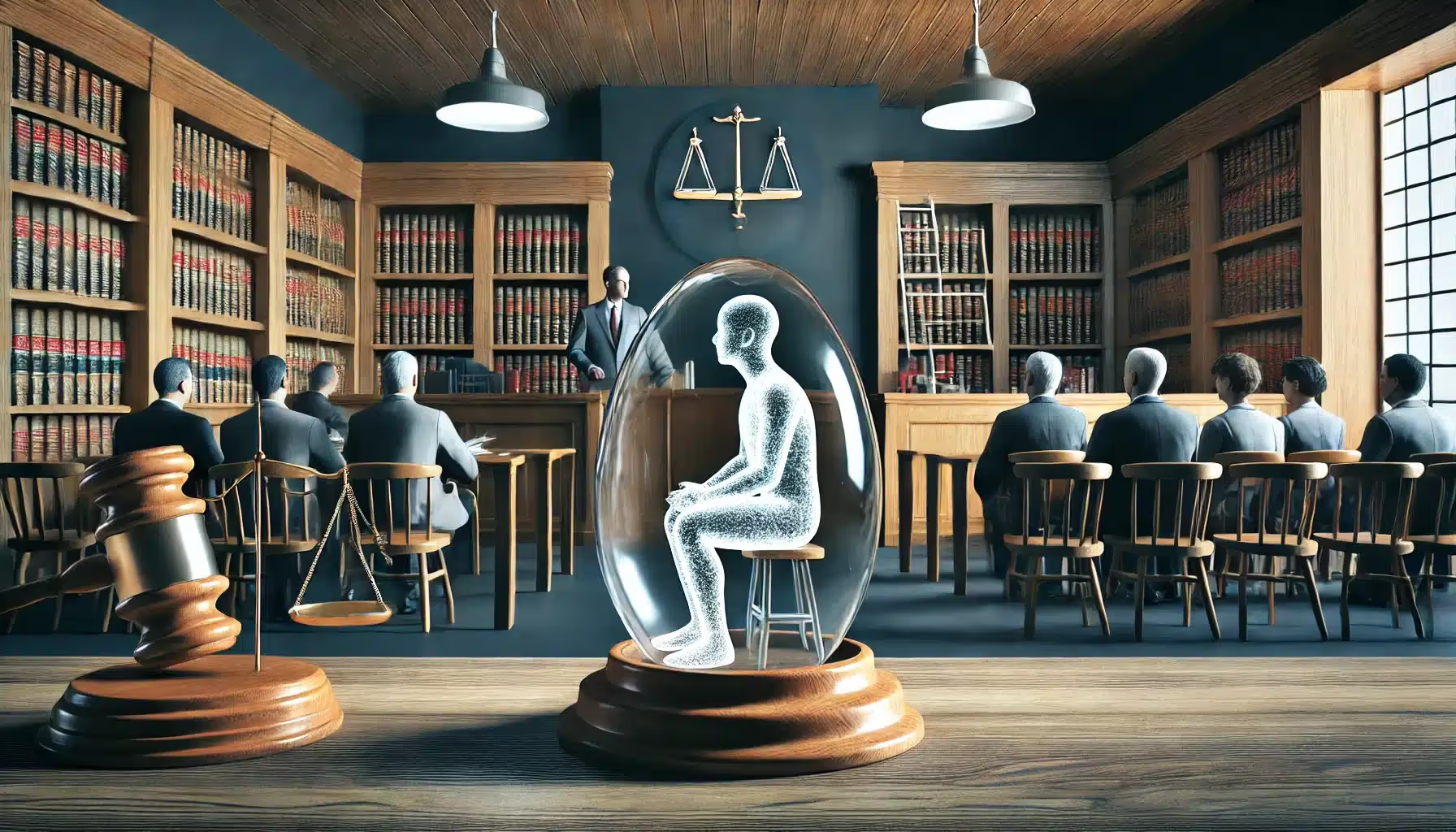

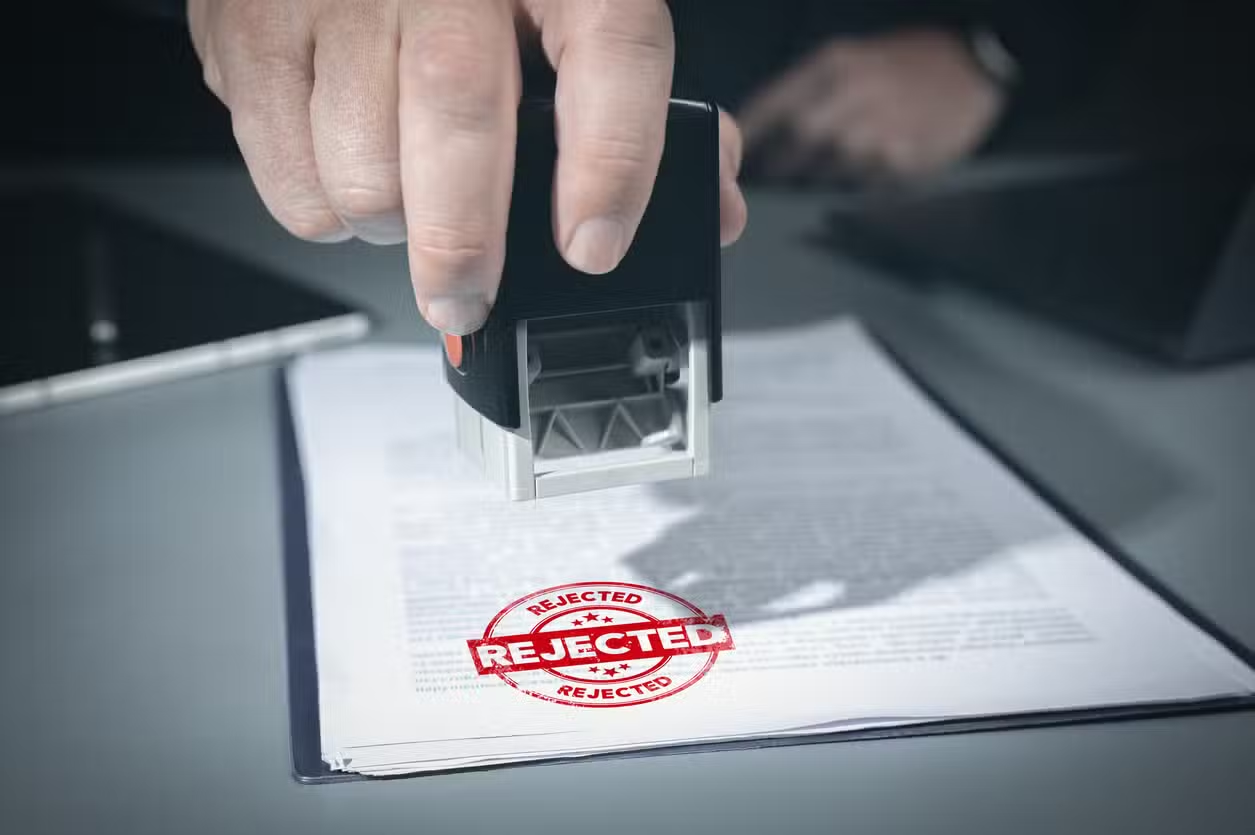



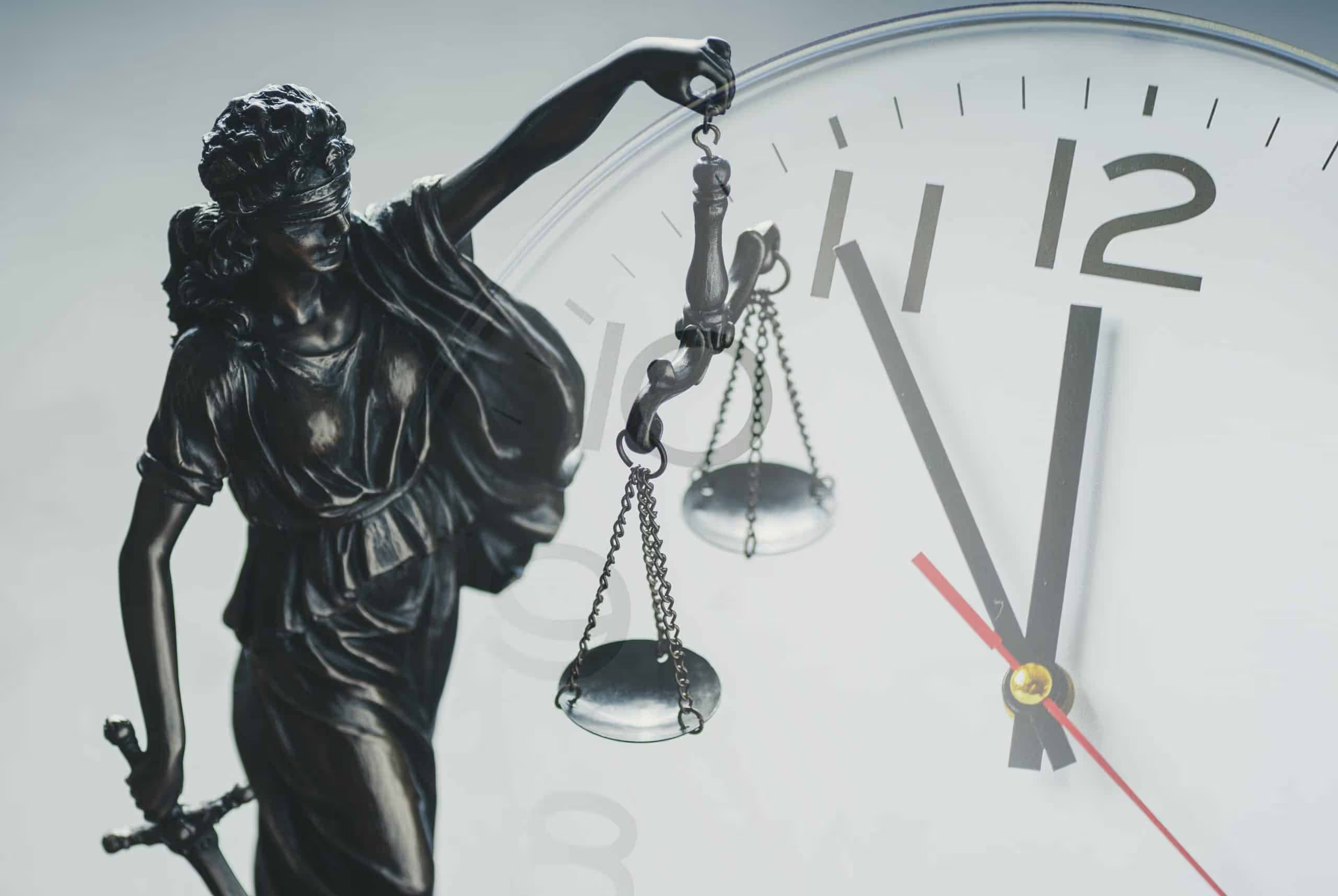

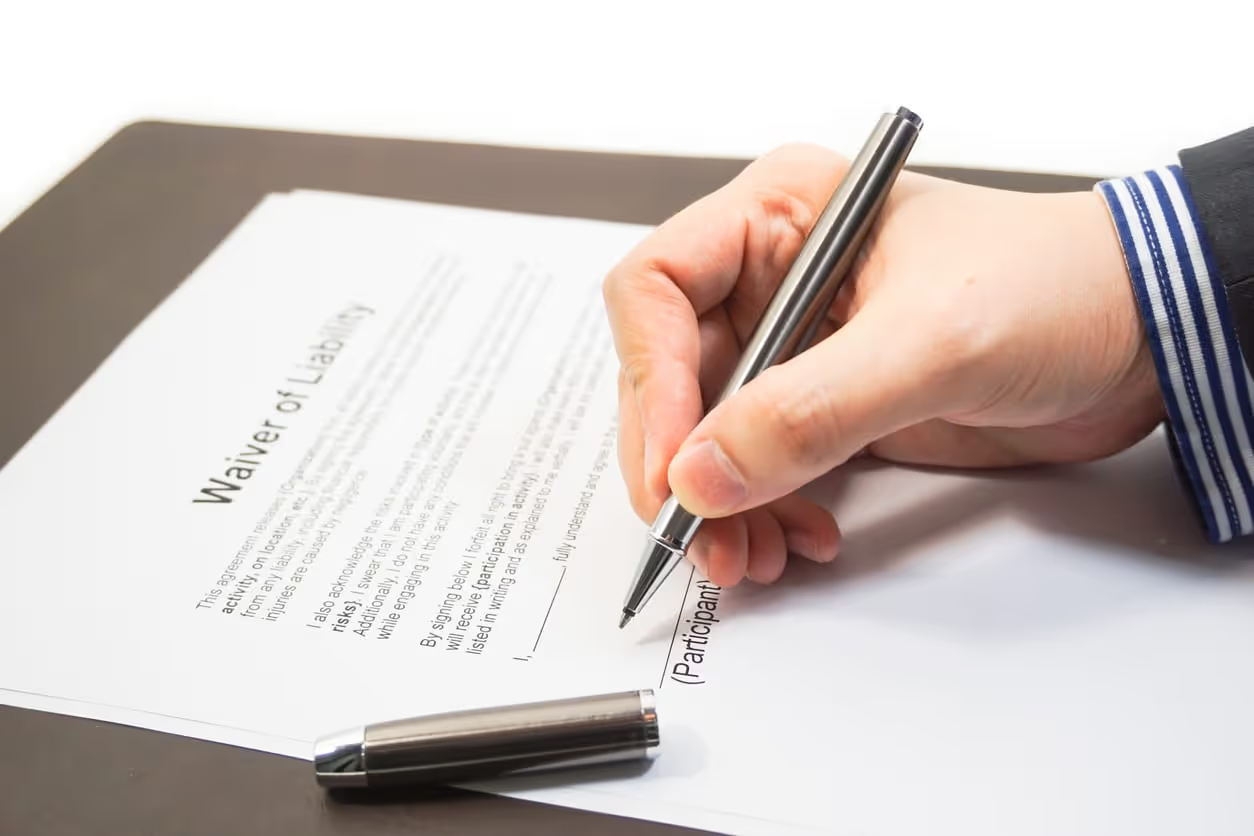
.avif)

